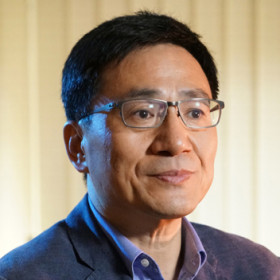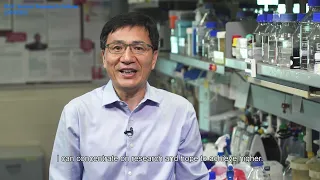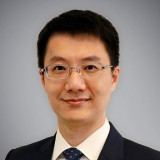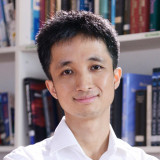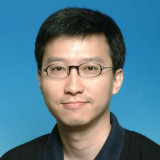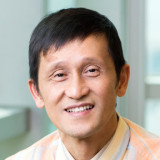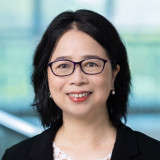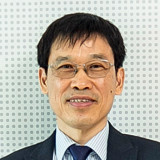Biography
- Norman & Cecilia Yip Professor in Bioinorganic Chemistry, and Chair Professor of Department of Chemistry at The University of Hong Kong
- Research interests lie in the interface of inorganic chemistry and biology/medicine, with ground-breaking work especially in his discovery of bismuth drugs as antivirals to combat infection from SARS-CoV to SARS-CoV-2
- SRFS project — to build up an integrative platform for metal-protein interactions at the proteome-wide scale for identification of key metalloproteins from microbial pathogens, and then investigate the role of metals and metalloproteins in the interface of host-pathogen interaction, and to find a way to enhance biological efficacy of bismuth and relevant compounds against bacterial and virus infection in vivo through chemical formulation, as well as to build an inter-disciplinary consortium for fundamental and translational research
- Awards and Honours:
- RGC Senior Research Fellow (2021)
- UC Berkeley Earl L Muetterties Lectureship (2017)
- WuXi AppTec Life Science & Chemistry Research Award (2016)
- Croucher Senior Research Fellowship (2010)
Project Title
- Discovering Bismuth and Relevant Metallo-agents for Medicinal Applications: From Molecular Mechanism of Action to Translational Research
Award Citation
Professor Hongzhe Sun joined the University of Hong Kong in 1998 and currently is a Chair of Chemistry and Norman & Cecilia Yip Professor in Bioinorganic Chemistry. He is also an acting director of the Research Division for Chemistry.
Prof. Sun’s research interests lie in the frontier of inorganic chemistry and biology/medicine. He is one of the pioneers of metallomics/metalloproteomics, and introduced the approach in bioinorganic chemistry for the discovery of novel therapies for emerging infectious diseases. His demonstration that the protein targets of metallodrugs can be identified on a proteome-wide scale, despite the high complexity of metal coordination chemistry in cells, is revolutionizing the field of medicinal inorganic chemistry.
His ground-breaking work lies especially in his discovery of bismuth drugs as antivirals to combat infection from SARS-CoV and SARS-CoV-2. His discoveries have provided a new and readily-available therapeutic option with high clinical potential for combatting infection from SARS-CoV-2. His research on bismuth has wide implications for combatting antibiotic resistance. He has innovatively repurposed the antibacterial drug, colloidal bismuth subcitrate and related bismuth compounds as broad-spectrum inhibitors of metallo-β-lactamase 1 (NDM-1) to combat antimicrobial resistance.
Prof. Sun’s work is highly innovative, and will have a long-term impact on both chemistry and life science. His systematic work is included in the latest (bio)inorganic chemistry textbooks. His research has been recognized by several prestigious awards including UC Berkeley Earl L Muetterties Lectureship, Croucher Senior Research Fellowship, WuXi AppTech Life Science & Chemistry Research Award, and Outstanding Young Scholar Award (Type ‘B’, NSFC).
He is a founding member of the RSC journal Metallomics, a series editor of Metallobiology (RSC), and an associate editor of Journal of Biological Inorganic Chemistry (Springer). He has promoted bioinorganic chemistry in Asia and Pacific region by serving as a chair of Asian Biological Inorganic Chemistry (AsBIC, 2006-2020).
Short video of awardee


